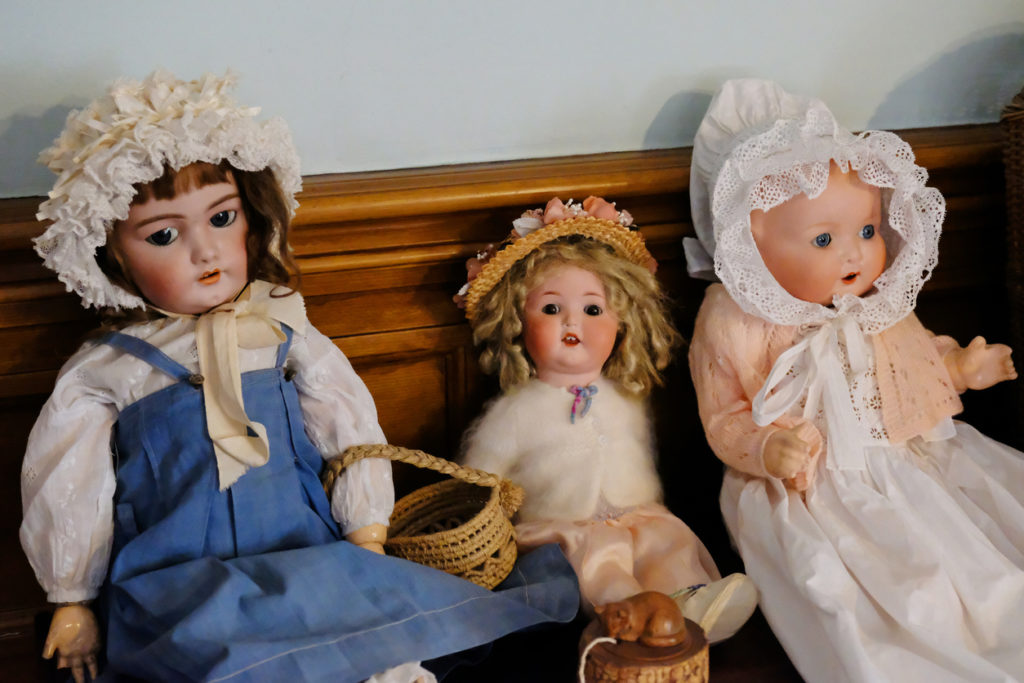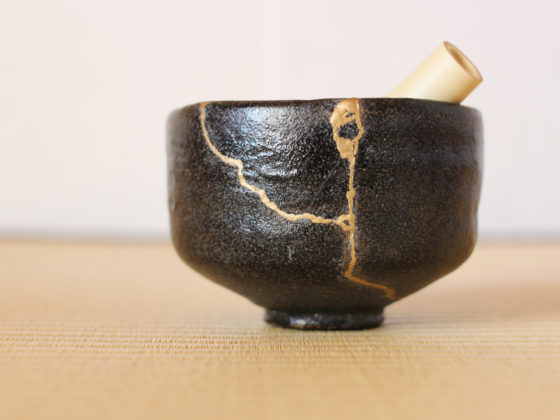 Once considered religious objects or learning tools, dolls date back to ancient times. Today, there are still doll hospitals that specialize in repairing these mysterious, lifelike figures. Below, we take a look at why dolls have attracted collectors throughout the ages, as well as some major US doll collecting trends — from the domestic, to the chic, to the creepy. Before you start your antique doll collection, read this history of doll mania.
Once considered religious objects or learning tools, dolls date back to ancient times. Today, there are still doll hospitals that specialize in repairing these mysterious, lifelike figures. Below, we take a look at why dolls have attracted collectors throughout the ages, as well as some major US doll collecting trends — from the domestic, to the chic, to the creepy. Before you start your antique doll collection, read this history of doll mania.
Antique Dolls: Why People Collect Them
Collecting antique dolls is a way to recapture the history and culture of a particular time — or it can cultivate the collector’s nostalgic desire to relive a pleasurable part of their childhood. Also, most collectors appreciate the detailed craftsmanship reflected in a doll’s painted features or exquisitely sewn clothes. Some of the “creepier” dolls, such as the Goth horror trends of the 2000s, reveal a cultural fascination with death and a generational angst.
Antique, Vintage or Modern Collectible
Experts typically divide collectible dolls into three groups. Antique dolls are 100 years old or more. Notable dolls from the 50s are considered vintage. Finally, specific brands from the 60s and 70s are viewed as modern collectibles.
Rag Dolls:
Made from pieces of scraps found around the home, rag dolls were one of the earliest types of dolls in US history. An old rag doll discovered in a relative’s home would later inspire children’s book author Johnny Greulle, who launched his Raggedy Ann book series in 1915. Based upon Raggedy Ann’s red-and-white striped socks, bloomers and apron, the original doll Greulle found probably had its origins in the late 1800s.
Antique Bisque Porcelain Dolls:
Antique bisque porcelain dolls were popular from the 1800s through the 1920s. Unlike china porcelain dolls, bisque dolls were made from unfinished porcelain, producing a more lifelike, matte finish. Like china dolls, though, they were detailed and exquisitely dressed.
The First Barbie Doll (1959)
The wife of the founder of Mattel toys discovered an attractive German doll while she was traveling. Mattel gave the doll a teenage persona and created multiple outfits, skillfully marketing its first Barbie doll in 1959. Barbies were unique for that time period because they portrayed young women rather than babies. 1959 Barbies are highly valued vintage dolls today. The 1971 Malibu Barbie and other later editions are considered modern collectibles.
Other Modern Collectibles: Dawn Dolls, Cabbage Patch Kids and Trolls
Produced by Topper between 1970 and 1973, Dawn Dolls were less expensive and easier to store than Barbies. Coleco’s Cabbage Patch Kids came on the scene with a bang in 1983, becoming one of the most popular trends of the 1980s. Likewise, the original Dam Troll Dolls first appeared in 1959 and became a hit in the US during the 1960s. Multiple companies later seized upon the troll concept and forged a troll comeback in the 1990s.
Some Advice on Doll Collecting
The history, nostalgia and craftsmanship of antique dolls continue to fascinate today’s collector. If you want to begin your own collection, experts recommend that you start small. Select a time-period or trend that attracts you, and do some research on features, materials and brands that hold the most value. Then, enjoy the experience of browsing the antique shops and malls to build a quality collection.
Gaslight Antiques is an established antique dealer with over 20 years in the business. Its shop is located in Gaslight Square Mall, where you’ll find over 120 dealers under one roof. Come visit our store and check us out!


